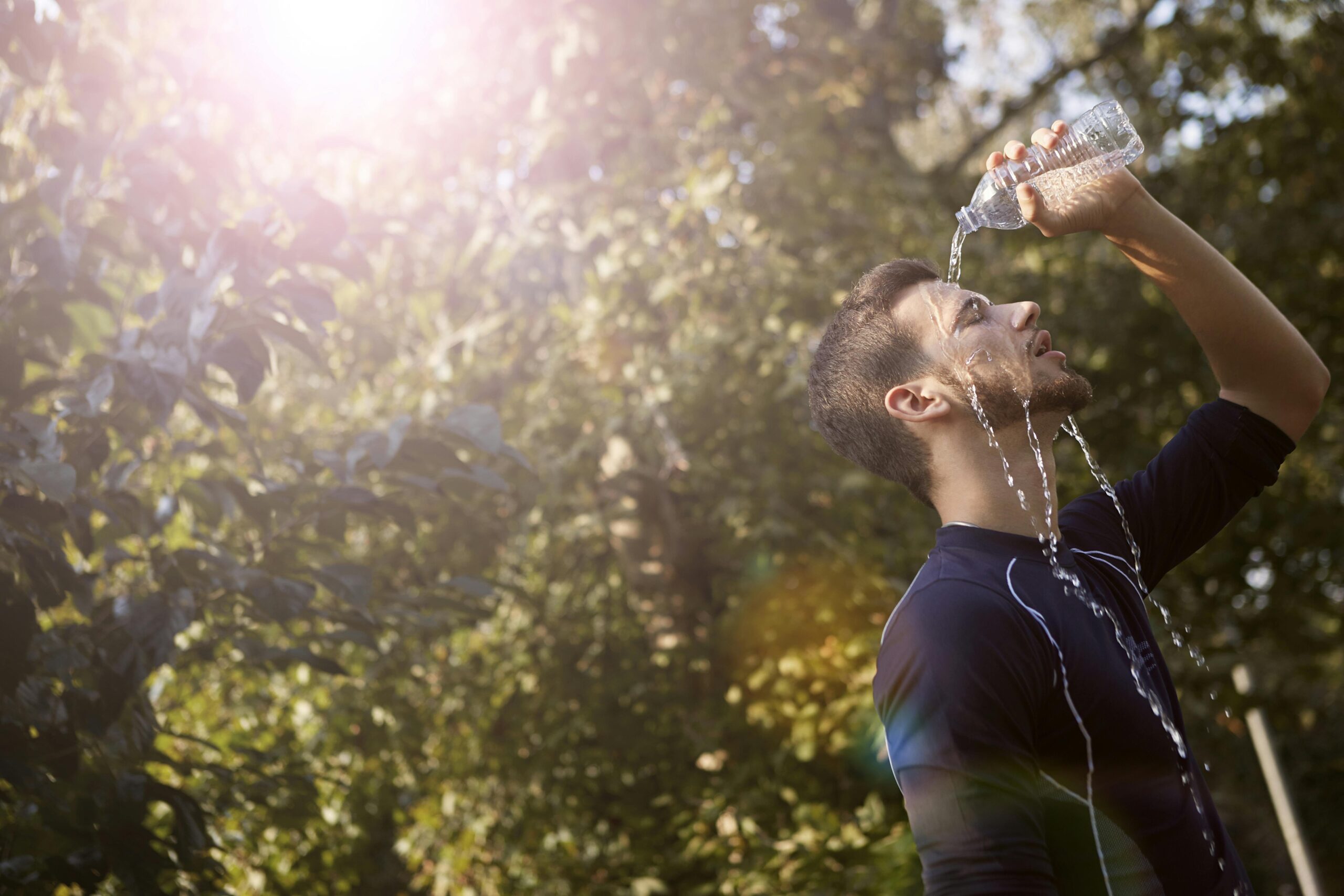
Athlete Hydration: Are You Dehydrating Yourself Without Knowing It?
“Stay hydrated!” It’s the most basic advice every athlete hears, but are you really doing it right? If you think grabbing a bottle of water during practice or a game is enough, here’s the harsh reality—it’s not.
Athletes often focus on hydration only when they feel thirsty, but by that time, it’s already too late. Dehydration isn’t just about feeling parched; it affects your performance, recovery, and even your ability to make split-second decisions on the field.
So, let’s dive deeper into why drinking water alone isn’t the magic solution and why you need to rethink your entire approach to staying hydrated.
Water Isn’t Always Enough
Water is essential, yes—but hydration isn’t just about chugging bottles of it. Over-reliance on plain water can lead to an imbalance in your body’s electrolytes, which are crucial for muscle function, energy, and focus.
Here’s the kicker: Your body loses more than just water during intense training—it loses sodium, potassium, magnesium, and other electrolytes. Without replenishing these, even gallons of water won’t save you from cramps, fatigue, and mental fog.
Hydration is about balance, and that’s where hydrating foods and electrolyte-rich options come into play.
The Performance Risks of Poor Hydration
-
Decreased Strength and Speed
- Just a 2% loss in body water can lead to noticeable declines in physical performance.
-
Delayed Recovery
- Dehydration slows down muscle repair and increases soreness.
-
Mental Fatigue
- Lack of proper hydration affects focus, decision-making, and reaction times.
-
Heat-Related Illnesses
- Without sufficient hydration, your body struggles to regulate temperature, increasing the risk of heatstroke.
Actionable Hydration Tips for Athletes
-
Don’t Wait to Feel Thirsty
- Thirst is a delayed signal; by the time you feel it, your performance is already compromised.
- Action Tip: Drink small amounts of water or electrolyte drinks throughout your training or game, not just during breaks.
-
Incorporate Hydrating Foods
- Watermelon, cucumber, oranges, and strawberries are packed with water and electrolytes.
- Action Tip: Add a bowl of hydrating fruits or veggies to your pre- or post-workout snack.
-
Replenish Electrolytes
- Water alone doesn’t replace the sodium, potassium, and magnesium you lose when sweating.
- Action Tip: Use sports drinks or natural options like coconut water, or add electrolyte tablets to your water during long sessions.
-
Hydrate Before You Train
- Starting a workout already dehydrated puts you at a disadvantage.
- Action Tip: Drink at least 16-20 ounces of water 2-3 hours before training and another 8-10 ounces 20 minutes before starting.
-
Weigh Yourself Before and After Training
- Losing more than 2% of your body weight in sweat means you’re not hydrating enough.
- Action Tip: For every pound lost, drink 16-24 ounces of fluid to fully rehydrate.
-
Limit Caffeine and Alcohol
- Both can dehydrate you further, which is especially dangerous for athletes.
- Action Tip: Replace energy drinks and sodas with hydration-friendly options like herbal teas or infused water.
Hydration Myths to Stop Believing
-
“I Only Need Water When It’s Hot”
- Dehydration can happen just as easily in cold weather as in warm temperatures.
-
“I’ll Just Drink More After the Game”
- Post-game hydration matters, but it can’t undo the damage of playing dehydrated.
-
“All Fluids Are the Same”
- Sugary sodas or caffeinated drinks don’t count. They can actually worsen dehydration.
Your Hydration, Your Performance
Hydration is more than just sipping water—it’s a science. As an athlete, understanding your body’s hydration needs and fueling it with the right combination of water, electrolytes, and hydrating foods can be the difference between a strong finish and hitting the wall.
You have the power to take control of your hydration, boost your performance, and improve your recovery.
Reflect, Recharge, Hydrate: Your Self-Care Matters
Ready to track your hydration habits and reflect on how they impact your performance? Our Self-Care Journals for Athletes can help you stay accountable and create a personalized hydration strategy that works for YOU.
